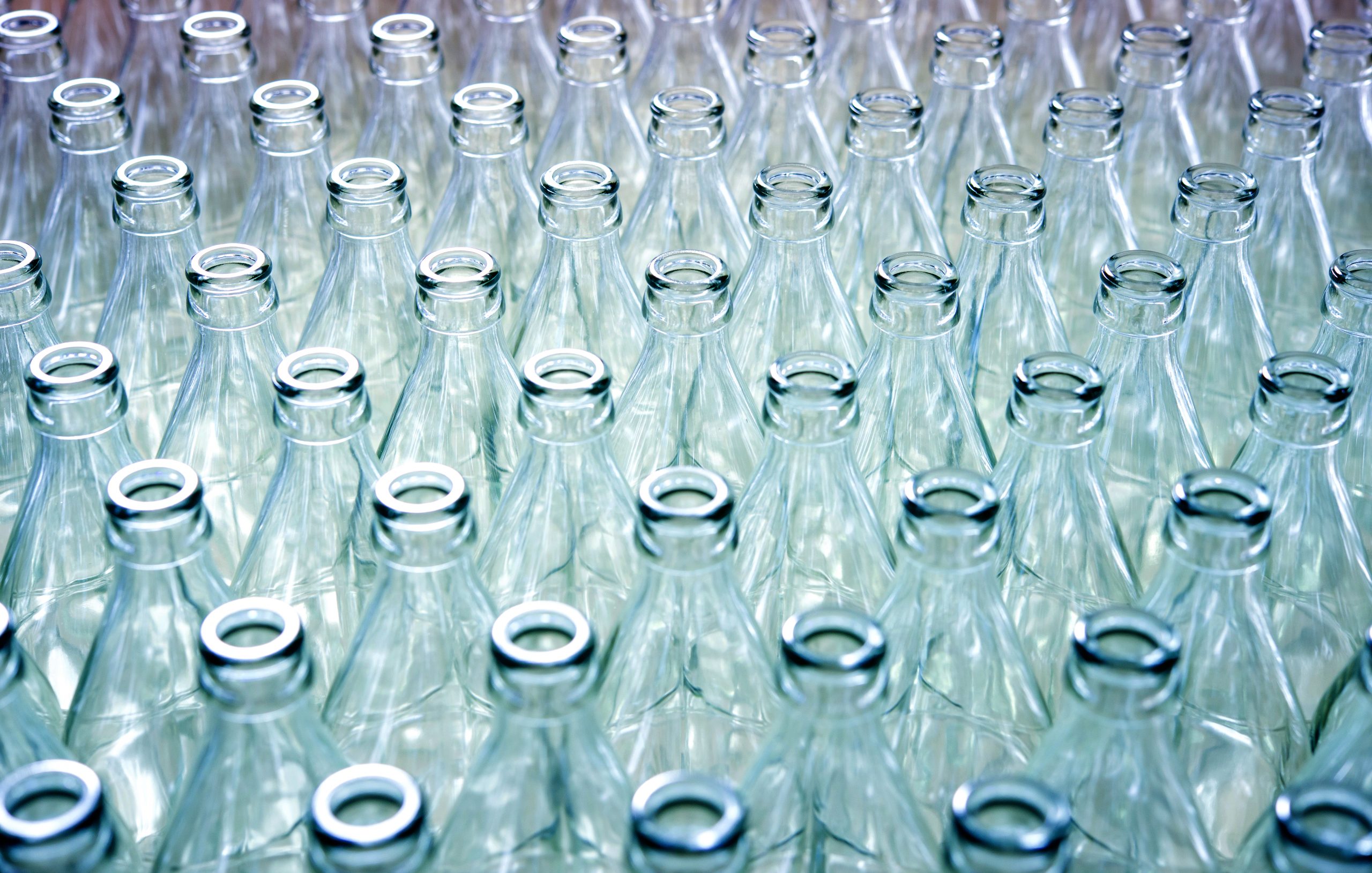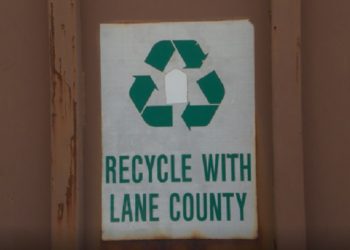BOZEMAN, Mont. – Glass can be difficult to recycle. It is far heavier and more difficult to transport than other recyclable materials, providing a unique set of challenges. The Sierra Club estimates that less than 10% of glass ever gets turned into other products.
“This is an extremely challenging material to handle,” said Joseph Fusco, vice president of Casella Waste Management.
“No one wants to buy it to turn it into something else, in the simplest economic terms,” he continued. “Glass as a commodity has a very low, zero, or negative value to it.”
Beer and Soda companies have fought against having to pay a true-cost for materials that will go unrecycled. In the only 11 states which have a bottle deposit law, companies are only required to buy back bottles returned at a cost of 10-15 cents per liter. States that have adopted this law include California, Connecticut, Hawaii, Iowa, Maine, Massachusetts, Michigan, New York, Oregon, and Vermont. States with bottle deposit legislation recycle at a rate of 66% compared to just 24% for states that do not.
The rate of recycling doesn’t do much good if the materials do not have a place to go, however. If the glass cannot be turned into something of value in a cost-effective manner, it will not be recycled.
Hurdles to recycling glass in a cost-effective manner include the cost to separate it from other recycled materials and having to sort the glass by color.
“Some glass does have value if you separate it by color,” said Paul Tomasi, executive director of the Northeast Kingdom Solid Waste District. “It wasn’t long after that that more colors started to be introduced. What do you do with the 1 percent of bottles that are blue?”
Also impacting the ability to recycle glass is the single-stream recycling process used in the United States. By placing all recycled materials in one bin, it encourages the consumer to recycle more, but the increased cost to separate, clean, and make use of the materials makes glass difficult to reuse.
To improve the chances of the glass you recycle being turned into other products, ensure that it is as clean as possible when you place it in the bin. It might also be beneficial to consider using your leftover glass bottles for upcycling projects. The website “Karissa’s Vegan Kitchen” has posted more than 20 items you can make using only recycled glass containers.
Sign this petition to demand that electronics makers create an industry-wide agreement that puts the “right to repair” as a cornerstone of their sustainability policy. Electronics companies need to start making their products last longer and more easily repairable to lessen e-waste!













